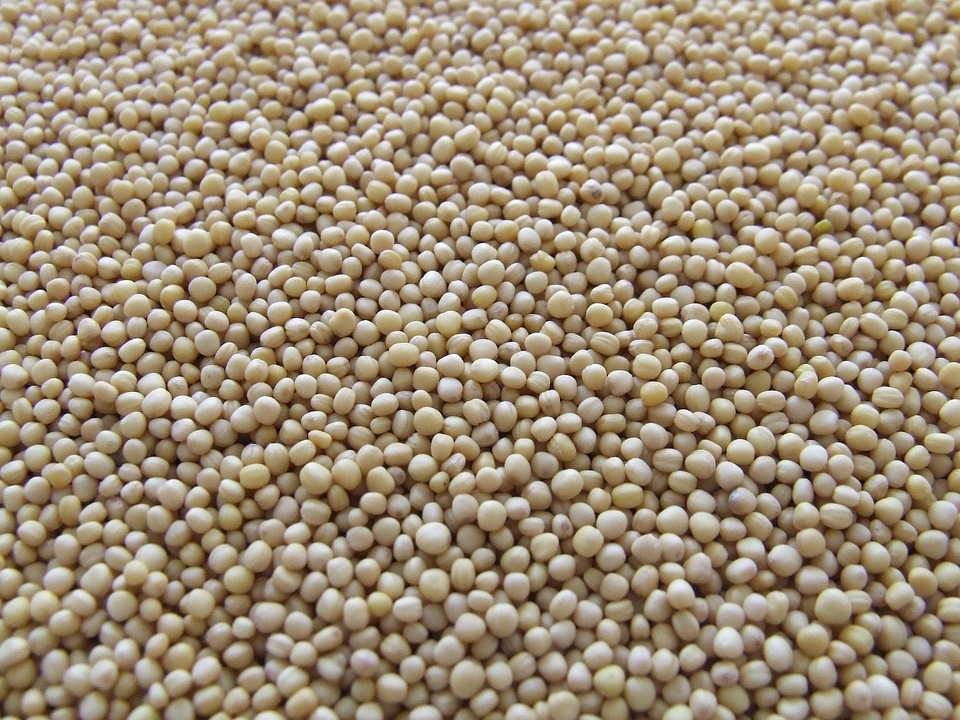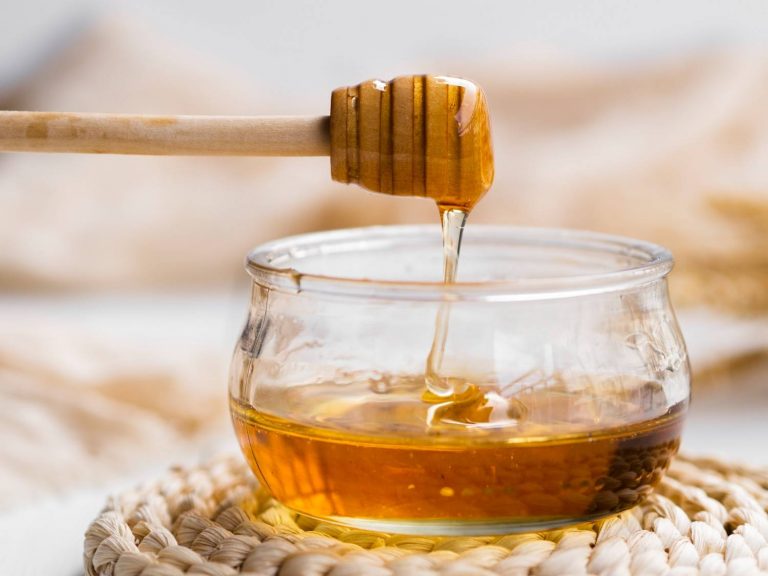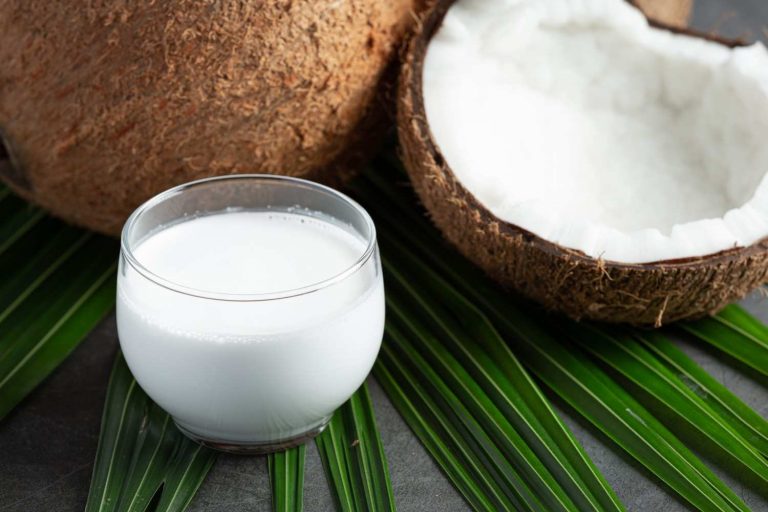Did you know that tiny mustard seeds, often overlooked in your spice cabinet, could pack a punch for your gut health? Yeah, it sounds a bit wild, but these little seeds have been used for centuries not just for flavor but also for their medicinal properties. Let’s dig into the five surprising benefits of mustard seeds for gut health. You might just find yourself reaching for that jar of mustard seeds more often!
Contents
1. Rich Source of Dietary Fiber
First off, let’s talk about fiber. If you’ve ever had a conversation about gut health, you know fiber is a big deal. Mustard seeds are an excellent source of dietary fiber, which is crucial for maintaining a healthy digestive system.
Why Fiber Matters
Fiber helps regulate bowel movements and prevents constipation. It’s like the unsung hero of your digestive tract, keeping everything moving smoothly. According to a study published in the Journal of Nutrition (Slavin, 2013), a high-fiber diet is associated with a lower risk of digestive disorders.
Practical Tip
Try adding a tablespoon of ground mustard seeds to your morning smoothie or sprinkle them on salads for an easy fiber boost. Just remember to drink plenty of water!
2. Antimicrobial Properties
Believe it or not, mustard seeds also boast antimicrobial properties. This means they can help combat harmful bacteria in your gut.
The Science Behind It
A study in Food Microbiology (Srinivasan et al., 2007) found that mustard seeds have the ability to inhibit the growth of certain pathogens. This is particularly relevant when you consider how many gut issues stem from imbalances in gut flora.
Let’s Be Real
While adding mustard seeds to your diet can be beneficial, it’s not a cure-all. It’s still essential to maintain a balanced diet and consult a healthcare provider for persistent gut issues.
3. Anti-Inflammatory Benefits
Chronic inflammation can wreak havoc on your digestive system and overall health. The good news? Mustard seeds may help reduce inflammation thanks to their rich content of antioxidants.
What’s the Deal?
Mustard seeds contain compounds like glucosinolates, which have been shown to possess anti-inflammatory properties. Research published in Nutrients (Jiang et al., 2017) highlights the potential of these compounds in combating inflammation.
A Word of Caution
While mustard seeds can help, they shouldn’t replace anti-inflammatory medications or treatments prescribed by your doctor. Always consult with a healthcare professional if you have serious concerns about inflammation.
4. Promotes Healthy Gut Bacteria
You know how everyone talks about probiotics? Well, mustard seeds can help create a favorable environment for beneficial gut bacteria.
The Mechanism
The fiber and antimicrobial properties of mustard seeds can promote the growth of good bacteria while inhibiting the bad guys. A balanced gut microbiome is linked to improved digestion and better immunity. According to a study in Frontiers in Microbiology (Zhang et al., 2015), the dietary fibers can serve as prebiotics, feeding the good bacteria in your gut.
A Simple Addition
Consider incorporating mustard seeds into your meals. You can make a mustard seed dressing or add them to your favorite stir-fry. Just don’t go overboard, moderation is key!
5. Supports Metabolism
Finally, mustard seeds can give your metabolism a little nudge. They’re rich in minerals like magnesium and selenium, which play a role in metabolic processes.
The Connection to Gut Health
A well-functioning metabolism is essential for overall health, including gut health. A study from the American Journal of Clinical Nutrition (Kleiner et al., 2017) emphasizes how minerals can affect metabolic rate and efficiency.
Try This!
Sprinkle some mustard seeds on your roasted veggies or use them in marinades. Not only will you enjoy a flavor boost, but you’ll also be doing your metabolism a favor!
FAQs About Mustard Seeds and Gut Health
1. Can I eat mustard seeds raw?
Yes, you can eat mustard seeds raw, but they’re often more beneficial when ground or cooked, as this can enhance their digestibility and nutrient absorption.
2. How much mustard seed should I consume daily?
A tablespoon or two per day is a good starting point. However, it’s always best to consult with a healthcare provider for personalized advice.
3. Are there any side effects?
Mustard seeds are generally safe for most people, but consuming them in excessive amounts may lead to digestive discomfort. Always start with small quantities.
4. Can mustard seeds help with specific gut disorders?
While mustard seeds can support overall gut health, they shouldn’t be relied upon as a sole treatment for specific disorders. Always consult a healthcare professional for serious digestive issues.
Conclusion
So, there you have it! Mustard seeds are more than just a flavorful addition to your meals; they offer a host of surprising benefits for gut health. From their high fiber content to their antimicrobial and anti-inflammatory properties, these tiny seeds can make a significant impact on your digestive well-being.
As with any dietary change, it’s essential to listen to your body and consult a healthcare provider if you have specific concerns. Incorporating mustard seeds into your diet can be a simple and effective way to promote gut health, but they work best as part of a balanced diet. So, why not grab that jar of mustard seeds and start experimenting? Your gut will thank you!
Disclaimer: This article is for educational purposes only and is not a substitute for professional medical advice. Always consult a qualified healthcare provider before making changes to your health routine.
References
-
Jiang, Y., Xie, Y., & Wang, J. (2017). Antioxidant and anti-inflammatory properties of glucosinolates: A review. Nutrients, 9(4), 362. https://www.mdpi.com/2072-6643/9/4/362
-
Kleiner, A. C., & Coyle, R. (2017). The role of minerals in metabolic rate and efficiency: A review. American Journal of Clinical Nutrition, 105(5), 1145-1150. https://academic.oup.com/ajcn/article/105/5/1145/4638375
-
Slavin, J. (2013). Fiber and prebiotics: Mechanisms and health benefits. Journal of Nutrition, 143(1), 64-69. https://academic.oup.com/jn/article/143/1/64/4571694
-
Srinivasan, K., & Sudheer, A. (2007). Antimicrobial activity of mustard seeds. Food Microbiology, 24(1), 1-7. https://www.sciencedirect.com/science/article/pii/S0740002006000907
-
Zhang, X., & Wang, H. (2015). Dietary fibers as prebiotics: A review. Frontiers in Microbiology, 6, 1-10. https://www.frontiersin.org/articles/10.3389/fmicb.2015.00305/full
Get Your FREE Natural Health Guide!
Subscribe now and receive our exclusive ebook packed with natural health tips, practical wellness advice, and easy lifestyle changes, delivered straight to your inbox.




